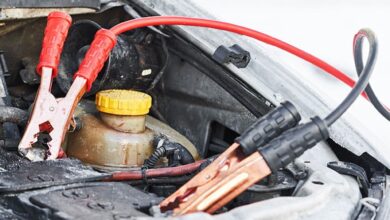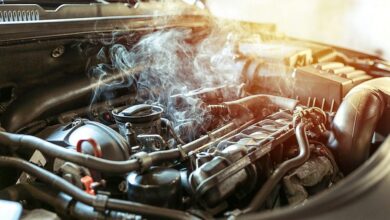The Importance of Vehicle Maintenance: Keeping Your Wheels Running Smoothly
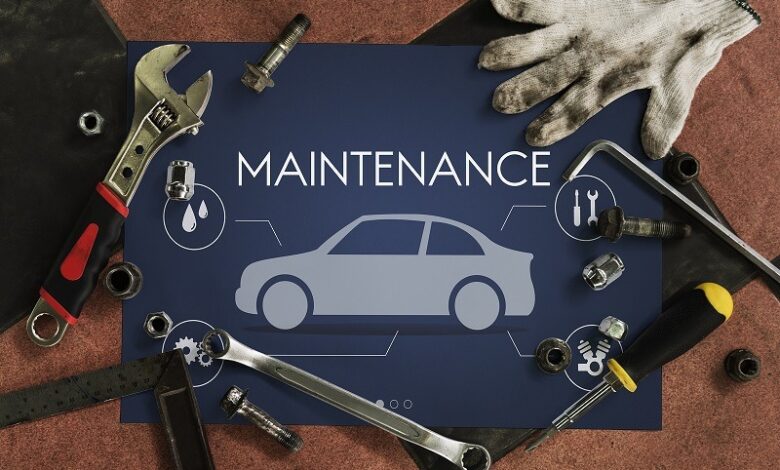
Keeping your vehicle in top shape is crucial for its performance, longevity, and your safety. Vehicle maintenance entails a series of routine checks, repairs, and replacements that ensure your vehicle is operating efficiently. In this blog post, we will delve into the significance of vehicle maintenance, the key maintenance tasks to prioritize, and the benefits of regular upkeep.
Contents
Section 1: The Basics of Vehicle Maintenance
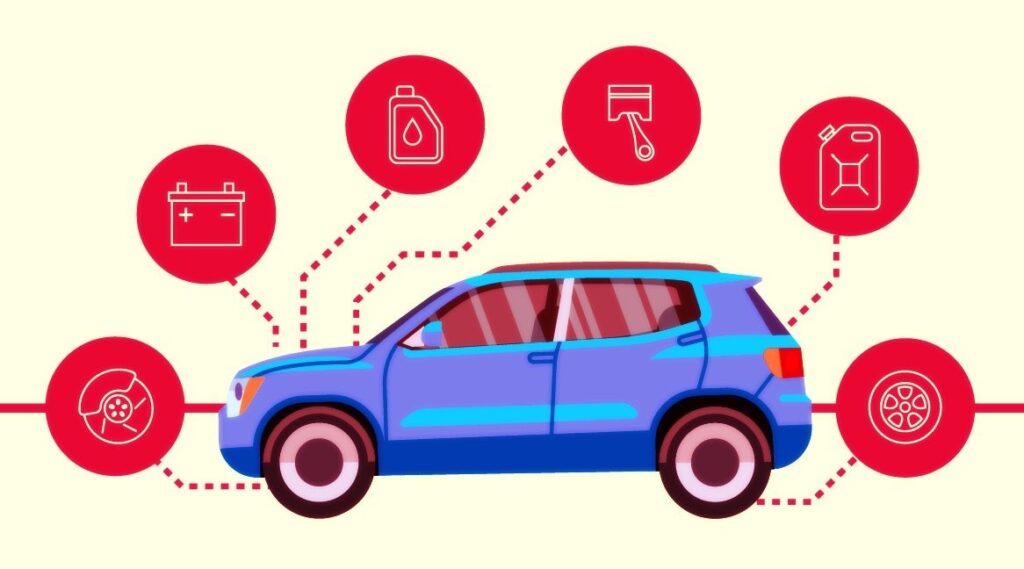
Proper vehicle maintenance involves a range of tasks that aim to prevent breakdowns, improve fuel efficiency, and extend the lifespan of your vehicle. Here are some fundamental aspects of vehicle maintenance:
Regular Oil Changes:
Changing your vehicle’s oil at the recommended intervals is crucial for engine health. Clean oil lubricates the engine, reducing friction and preventing excessive wear and tear.
Tire Care:
Maintaining proper tire pressure and periodically rotating and balancing your tires enhances safety, fuel efficiency, and tire lifespan. It also improves vehicle handling and ensures even wear on the treads.
Brake System Checks:
Regular inspections and maintenance of your vehicle’s brakes are essential for safety. This includes checking brake fluid levels, replacing brake pads when worn, and ensuring proper brake function.
Fluid Checks and Replacements:
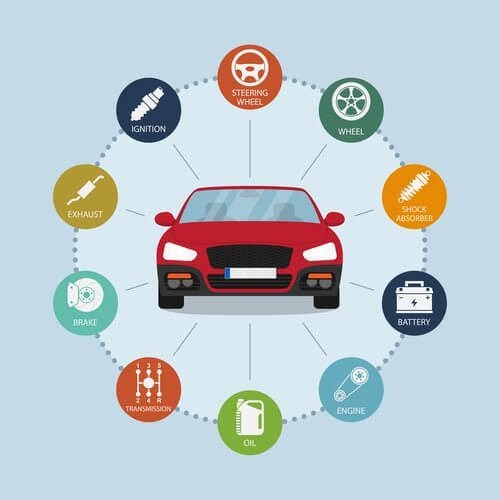
Checking and replenishing essential fluids such as coolant, transmission fluid, and power steering fluid helps prevent overheating and ensures optimal vehicle performance.
Battery Maintenance:
Inspecting your vehicle’s battery for corrosion, cleaning terminals, and ensuring proper connection is crucial for reliable starting and electrical system performance.
Section 2: Benefits of Regular Vehicle Maintenance
Maintaining a regular vehicle maintenance schedule offers numerous benefits that go beyond avoiding breakdowns. Here are some key advantages:
Enhanced Safety:
Regular maintenance ensures that key safety components such as brakes, tires, and lights are in optimal working condition, reducing the risk of accidents.
Improved Performance:
A well-maintained vehicle operates more efficiently, delivering better acceleration, handling, and fuel economy. It also minimizes engine strain and maximizes power output.
Increased Reliability:
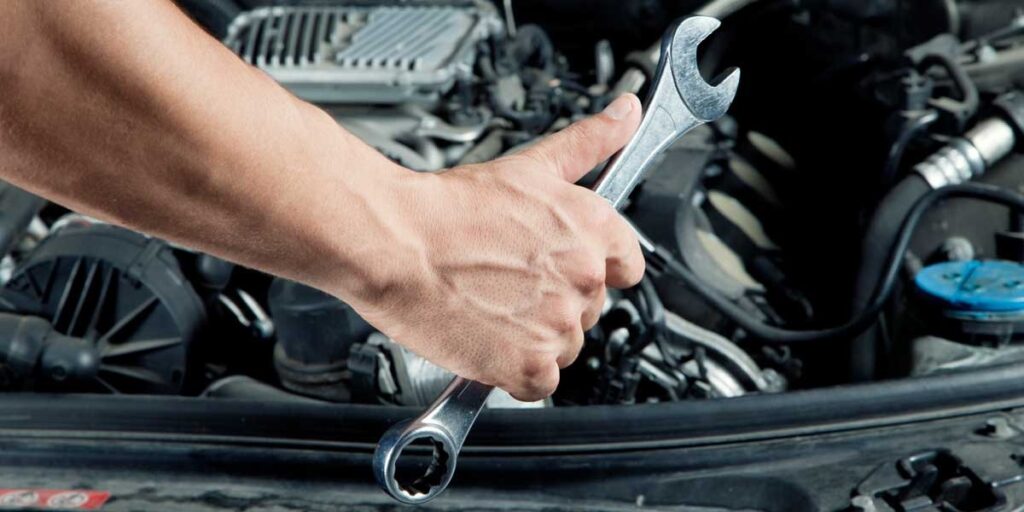
By addressing potential issues early on, regular maintenance helps prevent unexpected breakdowns and costly repairs, allowing you to rely on your vehicle with peace of mind.
Higher Resale Value:
A well-maintained vehicle retains its value and can fetch a higher resale price. Prospective buyers are more likely to trust and invest in a vehicle that has a documented history of regular upkeep.
Longevity:
Regular maintenance significantly extends the lifespan of your vehicle. By addressing wear and tear, replacing worn parts, and preventing major issues, you can enjoy your vehicle for years to come.
Section 3: DIY vs. Professional Maintenance
When it comes to vehicle maintenance, you can choose to handle certain tasks yourself or seek professional assistance. Here are some factors to consider:
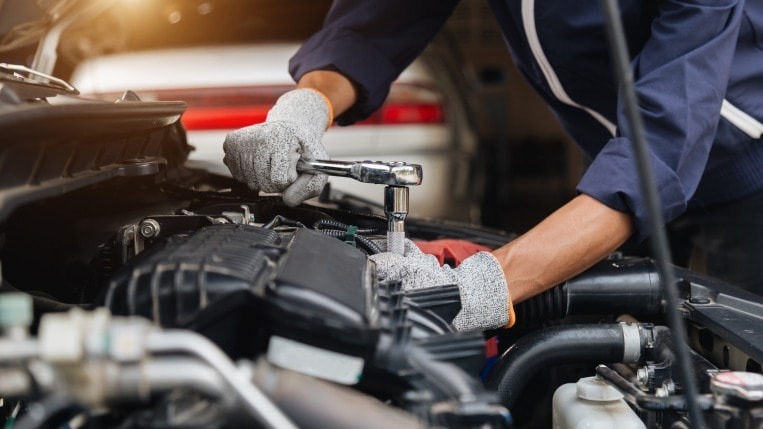
DIY Maintenance:
Performing basic maintenance tasks such as checking and topping up fluids, replacing wiper blades, and inspecting tires can be done at home with the right tools and guidance. DIY maintenance can save you money and help you develop a better understanding of your vehicle.
Professional Maintenance:
Certain tasks, such as complex repairs, electrical system diagnostics, and engine overhauls, are best left to professionals. Skilled technicians have the expertise, specialized tools, and access to genuine parts required to perform comprehensive maintenance and repairs.
Section 4: Creating a Vehicle Maintenance Schedule
To ensure that your vehicle receives the necessary maintenance at the right intervals, it’s crucial to create a maintenance schedule. Here’s how you can do it:
Consult Your Owner’s Manual:
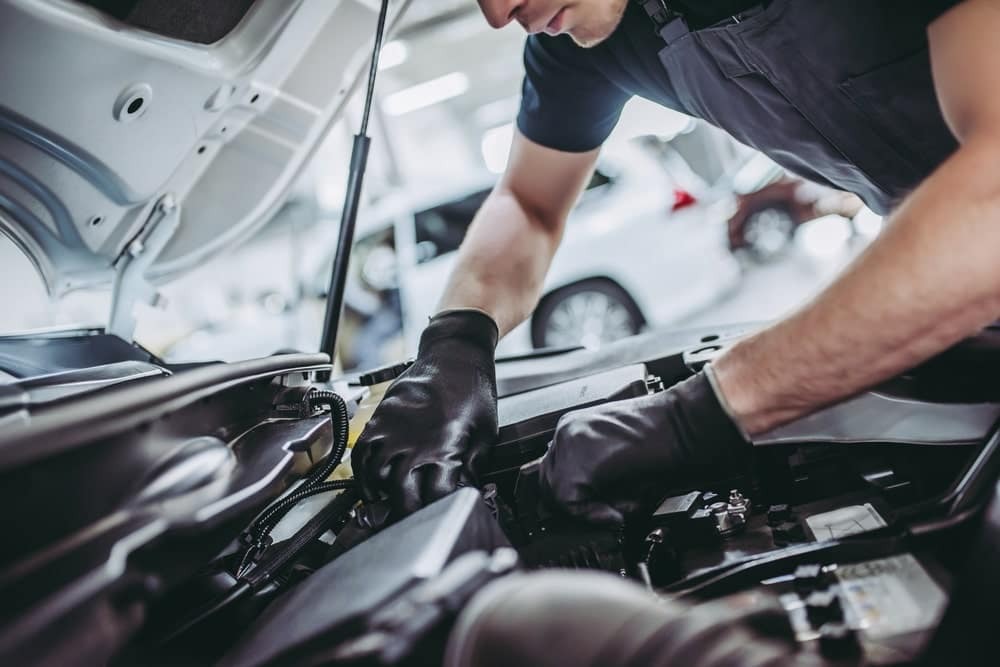
Your vehicle’s manufacturer provides guidelines and recommendations for maintenance intervals. Refer to your owner’s manual to determine when specific tasks should be performed.
Prioritize Essential Tasks:
Focus on critical maintenance tasks such as oil changes, tire rotations, and brake inspections. These tasks have a direct impact on safety, performance, and vehicle longevity.
Consider Driving Conditions:
Adjust your maintenance schedule based on your driving habits and conditions. If you frequently drive in extreme weather or encounter rough terrain, more frequent maintenance may be necessary.
Keep a Record:
Maintain a detailed record of all maintenance tasks performed, including dates, mileage, and any additional notes. This record can help you track maintenance history and ensure that no tasks are overlooked.
Section 5: Signs of Neglected Maintenance
Neglecting vehicle maintenance can lead to a myriad of issues that can compromise your vehicle’s performance and safety. Look out for the following signs that indicate your vehicle is overdue for maintenance:
Warning Lights:
If any dashboard warning lights illuminate, it’s essential to have your vehicle inspected promptly. Ignoring these warnings can lead to further damage and costly repairs.
Strange Noises:

Unusual noises such as squealing brakes, grinding from the engine, or rattling under the chassis could indicate underlying issues that require attention.
Decreased Performance:
If you notice a significant decrease in performance, such as reduced acceleration, poor fuel efficiency, or difficulty starting, it may be a result of neglected maintenance.
Vibrations or Handling Issues:
Excessive vibrations, steering wheel wobbles, or difficulty maintaining control at higher speeds could indicate problems with your tires or suspension system.
Fluid Leaks or Burnt Smells:
Any fluid leaks, especially oil or coolant, should be addressed promptly. Additionally, burnt smells could indicate overheating or other issues that need immediate attention.
What is the vehicle maintenance?
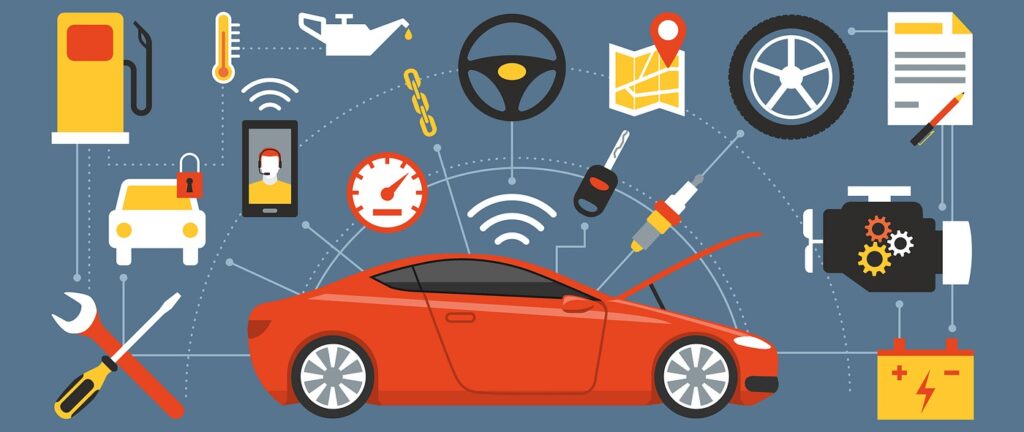
Regular vehicle maintenance is essential for keeping your vehicle in top shape, ensuring your safety, and maximizing its lifespan. By understanding the basics of maintenance, prioritizing key tasks, and creating a comprehensive maintenance schedule, you can enjoy the benefits of a well-maintained vehicle – improved performance, reliability, and peace of mind. Don’t neglect the care your vehicle deserves, and it will reward you with years of trouble-free driving.



